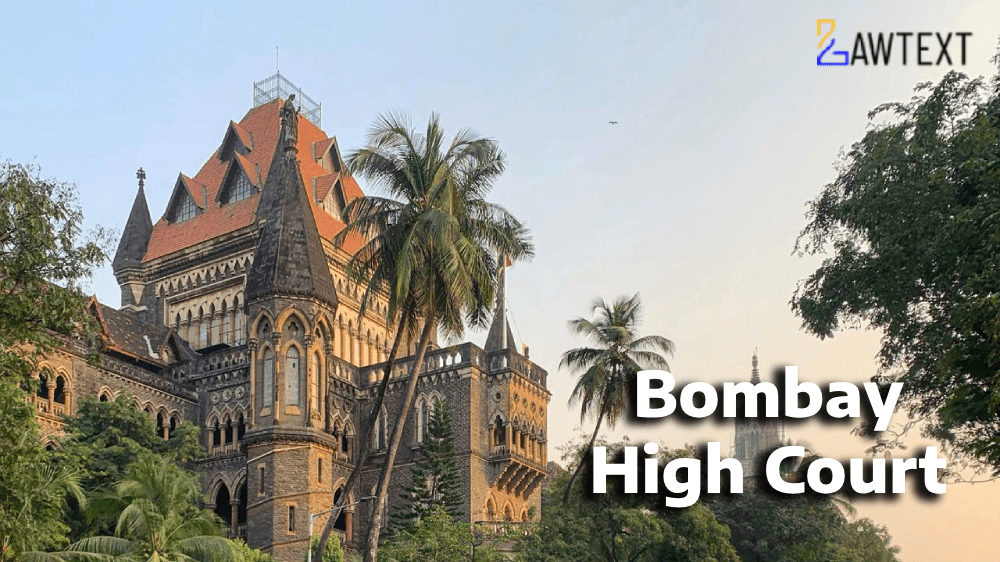Interim reliefs in a complex estate administration case involving family inheritance and allegations of fraudulent succession claims.

CASE NOTE & SUMMARY
The Bombay High Court ruled on interim applications filed by Nina Anwar Merchant concerning the administration of the estate of the late Gulshan Rehman Meghani, who passed away in 2020. The plaintiff, Nina Merchant, sought protection for the estate from the actions of several defendants, primarily family members, alleging misappropriation of assets and wrongful claims to the estate.
The court granted interim relief, including appointing a Court Receiver for key properties and ordering the defendant to return substantial funds allegedly misused. The court also highlighted the legal principles governing inheritance and testate succession, especially for the Khoja Muslim community.
- Estate of Late Gulshan Rehman Meghani: The primary dispute revolves around the administration of the estate left behind by Gulshan Rehman Meghani, who died issueless.
- Family Disputes & Allegations: The plaintiff alleged that certain defendants siphoned off funds from the estate and fraudulently obtained succession certificates for the deceased's assets.
- Succession and Will: The plaintiff propounded the last Will of the testatrix dated July 8, 2020, which named her as an executor. The will is contested by the defendants.
- Appointment of Court Receiver: To safeguard the disputed properties and funds, the court appointed a Court Receiver to take symbolic possession of a key property (Flat No.A-82 in Bandra) and manage movable assets.
- Law on Succession for Khoja Muslims: The court reiterated that for Khoja Muslims, testate succession is governed by Hindu Law, while intestate succession follows Mahomedan Law. This distinction played a pivotal role in determining the rights of the involved parties.
1. Introduction to the Suit
- Suit Description: The suit was filed by the plaintiff for the administration of the estate of Gulshan Rehman Meghani based on her last Will dated July 8, 2020.
- Objective: The plaintiff sought interim reliefs to protect the estate from wrongful claims and actions by the defendants.
2. Background of the Estate
- Key Parties: Late Rehman Meghani, the testatrix’s husband, passed away intestate in 2009. The family entered into a deed of arrangement, under which the testatrix inherited certain properties.
- Disputes: Disputes arose regarding these properties and claims to them by other family members, including allegations of siphoning off estate funds.
3. Plaintiff’s Claims
- Fraudulent Succession: The plaintiff accused defendants, particularly Nos.1-4, of wrongfully obtaining a succession certificate for securities belonging to Rehman Meghani.
- Testamentary Petition: The plaintiff had also filed a testamentary petition for probate of the Will, which was contested by the defendants.
4. Defendants’ Arguments
- Locus Standi of Plaintiff: The defendants challenged the plaintiff's right to file the suit, arguing she was not related by blood to the deceased.
- Contest of the Will: Several defendants contested the validity of the Will propounded by the plaintiff, claiming it was forged or improper.
5. Key Legal Contentions
- Khoja Muslim Law: Defendants argued that the testatrix’s estate should follow Khoja Muslim Law, which allows intestate succession to follow Mahomedan Law, but the court clarified that in testate succession, Khoja Muslims follow Hindu Law.
6. Court’s Interim Reliefs
- Court Receiver Appointment: The court ordered the appointment of a receiver to manage key properties (e.g., Flat A-82) and monitor the estate to prevent further disputes.
- Fund Return: Defendant No.10 was directed to return Rs.3.50 Crores, which had been withdrawn from the joint account shared with the testatrix.
Acts and Sections Discussed:
- Shariat Act, 1937: Governs intestate succession for Khoja Muslims, stating that intestate succession follows Mahomedan Law, but testate succession adheres to customary (Hindu) law.
Ratio:
The case’s pivotal legal issue revolved around the inheritance laws applicable to Khoja Muslims. The court reaffirmed that in testate succession, Khoja Muslims are governed by Hindu Law, which permits complete testamentary freedom. Conversely, intestate succession is governed by Mahomedan Law, imposing restrictions on who can inherit.
The court’s decision to protect the estate and enforce the Will of the testatrix emphasizes the need for clear legal distinctions between intestate and testate succession within specific communities, ensuring the rightful distribution of assets according to applicable laws.
ISSUE OF CONSIDERATION
Nina Anwar Merchant Versus Karim Ul Haq Meghani and Ors.
Citation: 2024 LawText (BOM) (9) 232
Case Number: INTERIM APPLICATION NO.1736 OF 2023 IN SUIT NO.181 OF 2023 WITH INTERIM APPLICATION NO.1739 OF 2023 IN SUIT NO.181 OF 2023
Date of Decision: 2024-09-23
Case Title: Nina Anwar Merchant Versus Karim Ul Haq Meghani and Ors.
Before Judge: N.J.JAMADAR, J.
Advocate(s): Mr. Zubin Behramkamdin, Sr. Advocate with Mr. Chaitanyaa Bhandarkar, Ms. Janavi Kursija, for Applicant/Plaintiff. Mr. Tejas Vora with Mr. Sagar S. i/by V. Acharya, for Defendant Nos.1 to 4. Mr. Dilip Rai i/by Mr. D.R.Mishra, ,for Defendant Nos.5 and 6. Mr. Shailesh Shah, Sr. Advocate i/by Mr.A.M.Rajabally, for Defendant Nos.10 and 11. Mr. S.K.Dhekale, Court Receiver, High Court, Bombay present. Mr. N.C.Pawar, Officer on Special Duty, Court Receiver Office, present. Ms. E.S.D’Souza, Section Officer, Court Receiver Office present.
Appellant: Nina Anwar Merchant
Respondent: Karim Ul Haq Meghani and Ors.

